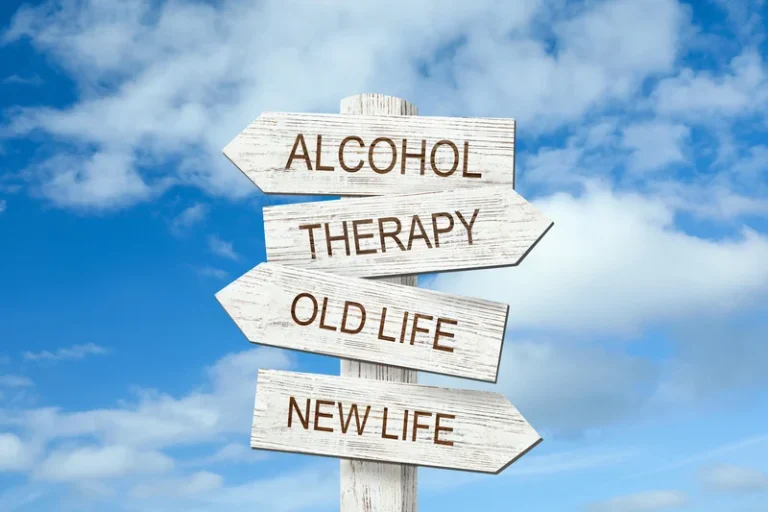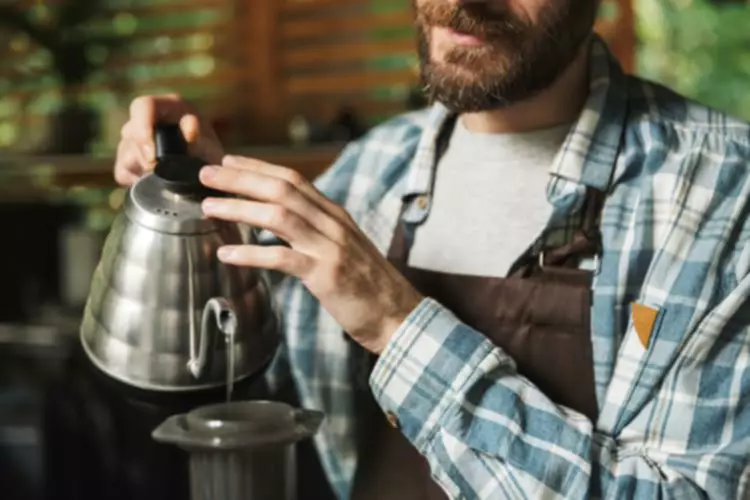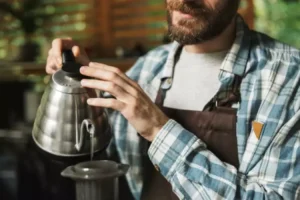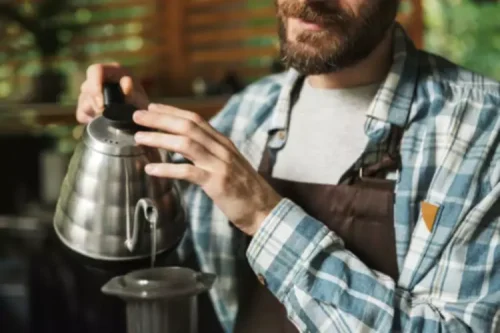John Doe
General SurgeonPretium saepe pariatur ornare cillum repudiandae inceptos iaculis cumque vulputate sequi neque quos exercitation aliquip interdum, veniam? Aute error, elit!


This is an important foundation for any new relationship in recovery, as it gives you time to focus on your own healing and growth. If you don’t yet know what you like and what you don’t like, it is impossible to pick someone who matches a healthy criteria for a romantic partnership. Of course, these aren’t the only pieces of advice fordating someone in recovery.

This should not be done in a controlling way, however, because other people should feel free to live their own lives as they see fit. Nevertheless, letting a potential partner know how certain experiences might be potentially triggering will help both parties engage with each other in a safer way. And, she added, sometimes moderation may mean avoiding them altogether. When conversations get out of hand, one way to reel them in is with “I” statements. This is a reframing of potentially accusatory statements to better reach mutual understanding. Treatment not only provides an opportunity for you to redirect your life, but it also provides opportunities for you to collaborate with the important people in your life.

For this reason, many 12-step programs recommend that members do not form romantic relationships with other members. People in recovery need to focus on their own needs first, vs. someone else’s. Once they become emotionally strong and secure in their own worth, they are ready to start a romance with less risk for codependence being a part of the mix. While most people assume a person’s job is the first thing to suffer from an addiction, in reality, drug and alcohol abuse first manifests in dysfunctional relationships. The typical person suffering from an addiction has a pattern of unhealthy relationships.
After all, sobriety is not simply a personal journey but can be shared with and reinforced by a loving, understanding partner. It’s an ongoing process that requires continuous self-evaluation and adjustment. As you grow in your recovery and as your relationships evolve, your triggers may change as well. The following discussion https://ecosoberhouse.com/ will examine these critical strategies in the context of dating, offering a roadmap for managing romance while preserving one’s commitment to sobriety. In exploring its importance, we focus on the influence of sobriety in maintaining relationships and the hurdles it creates within the dating landscape.

If you are going to stay in a relationship with someone, they need to be aware that you are in a tentative stage of your recovery. The risk of relapse is high in early recovery, and they should know this. You should also let them know that your recovery has to come first, as otherwise, you could lose everything (including your relationship). Emotional resilience is the cornerstone of this self-nurturing process.
It aids individuals in managing the emotional highs and lows accompanying romantic interactions, reducing the possibility of resorting to old habits for relief. Getting through the dating scene sober can pose unique challenges, highlighting the importance of maintaining one’s commitment to sobriety. The complexities of sober socializing can be amplified in the world of dating, where the pressure to drink is often intricately woven into the fabric of the experience. It can sometimes feel like an uphill battle to find someone who respects and supports your sobriety. Sobriety, often viewed as a personal journey, dramatically impacts the dynamics of romantic relationships. It presents a unique set of challenges in the dating domain, requiring a distinct approach to guarantee healthy interaction.
These changes can shatter trust and create a lot of negative emotional experiences in your relationships. There’s a reason, after all, that drug and alcohol treatment programs, both of the professional and self-help variety, warn against romantic relationships in early recovery. And for those navigating those precarious waters, the standard advice of avoiding romantic relationships for the first year is often seen a suggestion that’s optional, to put it mildly. We publish material that is researched, cited, edited and reviewed by licensed medical professionals. The information we provide is not intended to be a substitute for professional medical advice, diagnosis or treatment.
The most common problem is using love as an escape or substitute for drugs or alcohol. Falling in love actually triggers some of the same reward circuitry in the brain that substances do. Many former users have fallen into the trap of simply substituting one for the other. After the first year, choosing to pursue a romantic connection can be a positive experience.
They will most likely have to confront things they regret and are ashamed of in their past. And when you’re drunk or high enough much of the time, it’seasy to miss (or not care about) how these negative interaction habits erodethe strength and happiness of your romantic partnership. Starting a new life out of rehab is not easy; there are uphill battles, emotionally and physically. It’s common when single to place all your energy into finding a relationship romantic relationships in recovery and disregarding sobriety. In contrast, someone already in a relationship may only focus on rebuilding that relationship, overlooking other areas of life. Anyone in recovery should address this issue and weigh the pros and cons.
While a romantic relationship can eventually be a life goal, rushing into one during the first year of recovery may present some challenges to a person creating a new, sober life. Romantic partners may distract you from the goal of defining your sober self. Dating too soon can be a way of replacing past addictive behavior with a person you put all your focus on. The best way to prevent romantic discourse from potentially triggering a relapse is to just avoid romantic relationships during the early stages of recovery. In early recovery, you’re still getting re-acclimated to your sobriety, experiencing the full extent of your emotions, and trying to figure out the next steps to take.